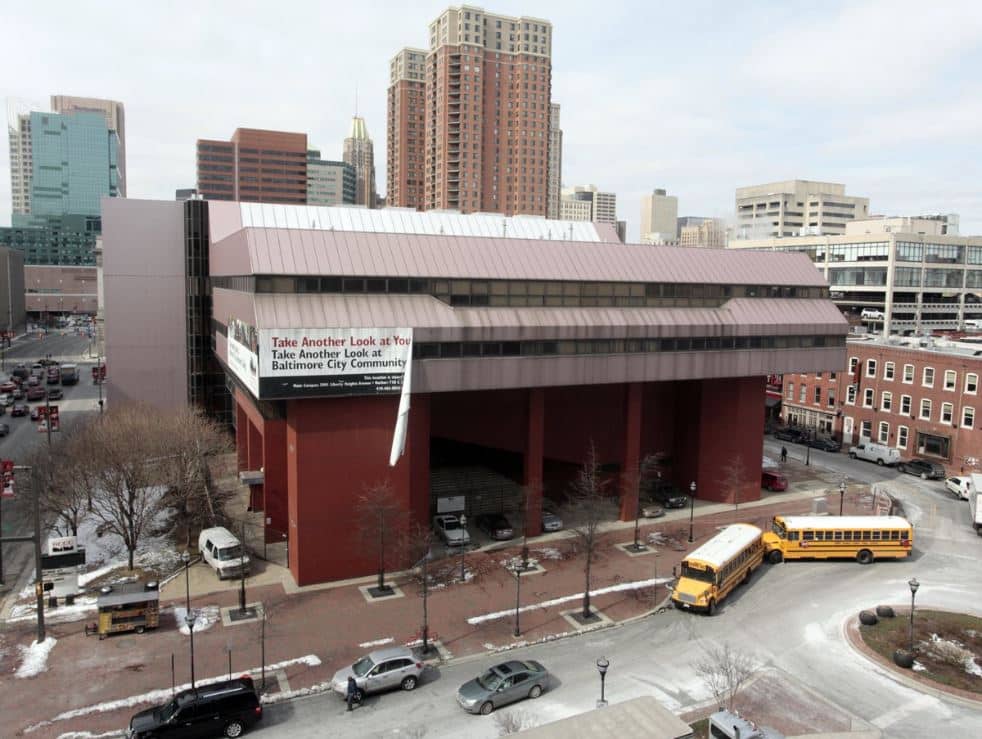Comprehensive Guide to RBT Certification in Maryland
Introduction
A fulfilling career choice for people who want to have a positive influence in the field of Applied Behavior Analysis (ABA) is becoming a Registered Behavior Technician (RBT).
There are multiple pathways for individuals looking to earn RBT certification in Maryland, allowing them to work with people on the autism spectrum and others needing behavioral support.
This guide provides a comprehensive look at RBT training in Maryland, covering the requirements, process, and opportunities for aspiring professionals.
What is an RBT?
Working under the supervision of a Board Certified Assistant Behavior Analyst (BCaBA) or Board Certified Behavior Analyst (BCBA), a Registered Behavior Technician (RBT) is a paraprofessional.
The RBT’s role is to implement behavior intervention plans, collect data, and work directly with clients to improve their behavioral outcomes. RBTs are an essential part of the ABA therapy team, providing hands-on support to children and adults with developmental disabilities.
Success Stories
“Move Up ABA has been a lifeline for our family. Before starting therapy, our son struggled with daily routines and communication. Now, he’s more independent and even initiated a conversation with a classmate for the first time! The progress we’ve seen in just six months is truly remarkable.”
- Emily R., Silver Spring, Accountant
“As a single dad, I was overwhelmed trying to manage my child’s behavior. The Move Up ABA team not only provided amazing support for my little girl but also taught me practical strategies to use at home. Their in-home sessions fit perfectly with our busy schedule. I’m so grateful for their patience and expertise.”
- Michael T., Rockville, Middle School Teacher
“We were hesitant about starting ABA therapy, but Move Up ABA’s approach put us at ease from day one. Our twins have made incredible strides in their social skills and self-regulation. The therapists are like extended family now, and we couldn’t be happier with our decision to work with them.”
- Aisha and James L., Simpson, Police Officers
Ready to start your child's journey to success? Schedule a free consultation today! 📞 Call (410) 497-8865.
Responsibilities of an RBT
- Implementing behavior intervention plans designed by a BCBA
- Collecting and recording data on client progress
- Assisting with assessments and evaluations
- Providing direct ABA services to clients
- Communicating progress and challenges to supervising BCBAs
Requirements for Becoming an RBT in Maryland

In Maryland, like the rest of the United States, individuals looking to become RBTs must meet standards upheld by the Behavior Analyst Certification Board (BACB). The process involves completing steps to ensure you are qualified to work in behavior analysis.
Age and Education Requirements
To be eligible for RBT certification in Maryland, you must:
- Be at least 18 years old.
- Have at least a high school diploma or equivalent.
Complete the 40-Hour RBT Training
The BACB requires candidates to complete 40 hours of RBT training. This training covers essential topics such as:
- Principles of behavior
- Data collection and measurement
- Behavior reduction strategies
- Ethical Considerations for RBTs
- Implementing behavior intervention plans
Pass a Competency Assessment
After completing the 40-hour training, you must pass a competency assessment administered by a BCBA or BCaBA. This assessment evaluates your ability to perform critical tasks required of an RBT, including implementing behavioral interventions and collecting data accurately.
Take and Pass the RBT Exam
The final step is to pass the RBT certification exam administered by the BACB. This exam tests your knowledge of behavior analysis values and morality, as well as your capacity to use what you’ve learned in practical situations.
The exam comprises 85 multiple-choice questions and is proctored at authorized testing centers.
Where to Find RBT Training in Maryland
Maryland offers several RBT training options, including in-person and online programs. Many of these training programs are designed to be flexible, allowing candidates to complete the required 40 hours at their own pace.
Below are some options for RBT certification in Maryland.
Local ABA Therapy Centers
Many ABA therapy centers in Maryland offer RBT training to individuals looking to join their teams.
These centers often provide hands-on training in addition to the 40-hour coursework, allowing you to work directly with clients during your training.
Online RBT Training Programs
Online RBT training programs are a popular option for those looking for flexibility. These programs allow you to complete coursework from home, often at your own pace.
Some of the well-known providers include:
- Florida Institute of Technology (FIT)
- Autism Partnership Foundation
- Verbal Behavior Institute
Universities and Community Colleges
Several universities and community colleges, such as Baltimore City Community College, in Maryland offer RBT certification programs.

These prgrams can be standalone courses or as part of broader psychology or special education programs.
These institutions also provide networking opportunities and connections with local ABA providers for employment after certification.
The Role of the RBT in Maryland’s Autism Community
RBTs play a crucial role in the autism community in Maryland. As part of the ABA therapy team, they work directly with individuals diagnosed with autism, helping them develop essential life skills, improve social interactions, and reduce problematic behaviors.
The demand for RBTs in Maryland continues to grow, driven by the increasing need for ABA services, particularly in school systems, private clinics, and in-home settings.
Working with Children and Adults on the Spectrum
The primary population served by RBTs in Maryland are children and adults with autism. RBTs use evidence-based interventions to teach communication skills, enhance social behaviors, and promote independence.
Their hands-on work is supervised by BCBAs, who design and oversee the implementation of individualized treatment plans.
Career Opportunities for RBTs in Maryland
Given the high demand for behavior analysis professionals in various settings, there are numerous career opportunities for RBTs in Maryland. These include:
- Schools: RBTs often work in public or private schools, helping students with autism navigate the school environment, develop social skills, and meet their academic goals.
- Private Therapy Centers: Many private clinics in Maryland specialize in ABA therapy and are actively hiring RBTs to provide services to clients.
- In-Home Therapy: RBTs can work with clients directly in their homes, helping families implement behavior plans in their everyday environments.
- Community Programs: Some RBTs work in community-based programs, offering support to individuals with autism in social settings, job training, and other community services.
How to Maintain RBT Certification
Once certified as an RBT, you must meet specific ongoing requirements to maintain your certification. These include:
- Supervision: You must be supervised by a BCBA or BCaBA for at least 5% of the hours you work each month.
- Continuing Education: To improve their abilities and knowledge, some RBTs enroll in professional development programs or pursue further study.
- Annual Renewal: RBT certification must be renewed annually by completing an updated competency assessment and paying the renewal fee to the BACB.
Conclusion

Earning your RBT certification in Maryland offers a rewarding opportunity to work with individuals needing behavioral support, particularly those on the autism spectrum.
With the proper training, supervision, and certification, RBTs play a pivotal role in the success of ABA therapy programs. RBTs help to improve the quality of life for individuals with developmental disabilities by using specific programs like aba therapy.
Whether you pursue your training through a local provider or an online program, Maryland offers a variety of resources and opportunities for those committed to a career in behavior analysis.
As the demand for qualified RBTs continues to grow, the future for RBTs in Maryland looks promising.





